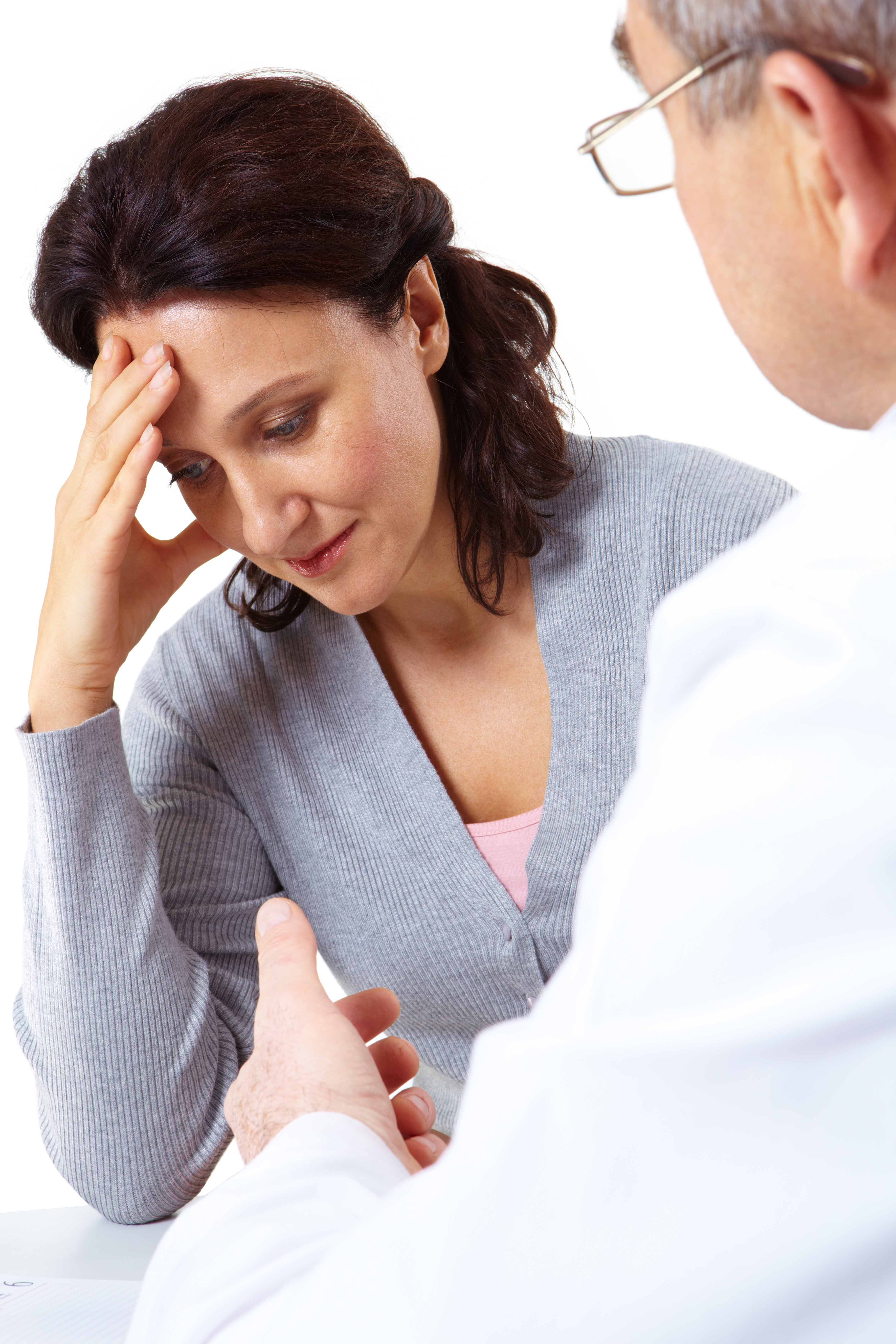Feeling Sluggish and Depressed? It Could Be Your Thyroid
If you are in your late 30’s or early 40’s and feeling more tired than usual and maybe even a little depressed, it may be more than your busy lifestyle. Peri-menopause is a part of life in those years and we’ll see today how these normal changes in hormonal rhythm can impact the functioning of thyroid in your system.
If your thyroid has always tested as normal, that doesn’t mean the symptoms you are now experiencing aren’t caused by low thyroid. You’ll see how the changes in your other hormones can change how your body is able to use the thyroid it produces and results in symptoms of low thyroid.
Take a look at one expert’s explanation.
How your thyroid could be impacted in peri-menopause
Even though both estrogen and progesterone are declining in peri-menopause, progesterone declines more dramatically in this stage. This leads to a condition called ‘ estrogen dominance’. Too much estrogen can prevent the thyroid hormone from getting to where it needs togo and can prevent it from converting to its active form. For some women, their thyroid symptoms are simply a result of this high estrogen interfering with thyroid hormone activity. We’ ll talk about how to address estrogen dominance shortly.
Another thing estrogen effects is the immune system, which is a major player in the number one cause of hypothyroidism, the thyroid autoimmune disease Hashimoto’s thyroiditis. Estrogen is associated with stimulating the TH2 branch of the immune system (1). TH2 is short for T Helper cell type 2, a lymphocyte (immune cell). TH2 ispart of the adaptive immune system, which mounts a specific attack against pathogens.+ Adaptive immunity is usually a good thing, but it can also lead to autoimmunity if the antigen activity is directed towards itself. As estrogen is the dominant sex hormone in women, this helps to explain why autoimmunity and thyroid disease is more common in women. As we age, we also experience decreased immunity, and a tendency towards TH2 response. – Hypothyroid Mom
Restore Balance Between Estrogen and Progesterone To Help Thyroid
Since the imbalance between estrogen and progesterone is at the root of the inability of your body to use thyroid properly addressing that imbalance is the most effective path to restoring a balance to your system and getting your energy and your life back!
If you have access to a doctor who will work with you to test all of your hormones and help you restore the balance that is great. If that isn’t possible you can use supplements and lifestyle changes to work toward reducing estrogen dominance, increasing progesterone and giving your thyroid everything it needs to be healthy!
How You Can Relieve Thyroid Dysfunction and Depression in Perimenopause
Diagnosing low thyroid can be tricky. Even though your oestrogen/progesterone levels are unbalanced and affecting your thyroid hormones’ action, a routine thyroid test may show your thyroid hormones are at perfectly normal levels. That’s because your thyroid is putting out hormones that can be measured ― they just can’t do what they’re supposed to do.
Generally speaking, adequate thyroid treatment will reverse thyroid hormone insufficiency and depression. It’s important to be aware, however, that people with hypothyroidism-induced depression are often misdiagnosed and treated as having a psychiatric illness. As a result, they are frequently prescribed antidepressants.
Unfortunately, antidepressants can be addictive. Also, they can have dangerous side effects. They can, in fact, actually worsen depression ― even trigger homicidal or suicidal impulses ― and they won’t fix an oestrogen-dominance problem or a low-thyroid problem.
To reverse low thyroid and depression during perimenopause, you will need thyroid testing, but the standard TSH test doesn’t detect most cases of low thyroid and won’t give you the answers you need.
You need a restorative medicine physician skilled in bioidentical hormone restorative therapy (BHRT) who offers comprehensive, full-panel thyroid testing. That includes total T3 (TT3) and total T4 (TT4) tests, along with a TSH test. He or she will also do full testing of your sex hormones (oestrogen, progesterone and testosterone) in order to assess their status.
With that knowledge, your doctor will prescribe the appropriate treatment to restore optimal balance to your hormones, proper functioning to your thyroid, and a life free of perimenopausal-related depression, as well as other troubling menopausal symptoms. – Menopause Woman
Have you noticed that you are more tired and possibly more depressed recently? Could you be in peri-menopause?
